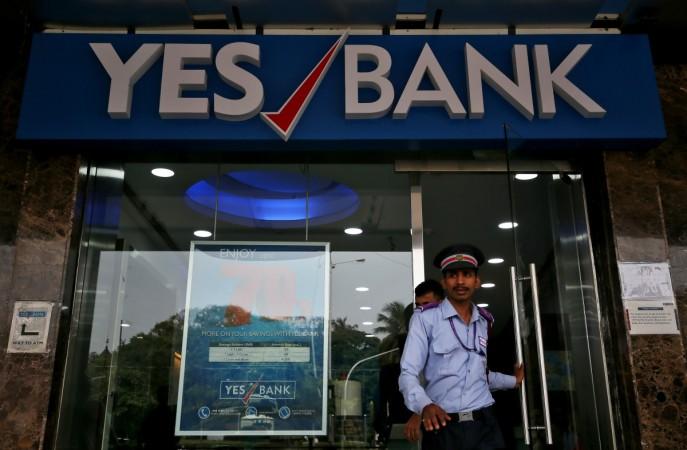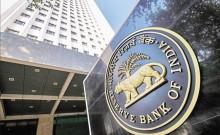The shares of capital-starved private lender Yes Bank took a massive beating and plunged over 73 per cent after it was placed under moratorium and the Reserve Bank of India suspended its board for a period of 30 days due to "serious deterioration in the financial position of the bank". The stock was trading at Rs 9, down 73 per cent, on the BSE. The Reserve Bank had Thursday imposed a withdrawal limit of Rs 50,000 on its account holders April 3.

The State Bank of India, which gave "in-principal" nod to buy a stake in the beleaguered private lender, demanded that trading of Yes Bank's shares should be suspended till the announcement of formal restructuring by the Reserve Bank of India.
What transpired the massive equity loss?
The Finance Ministry Thursday, March 5, issued an order of moratorium against the beleaguered private lender Yes Bank and imposed a withdrawal limit of Rs 50,000 for depositors. A notification issued by the finance ministry last evening also stayed the "commencement or continuance of all actions and proceedings" against the bank. The withdrawal limits will remain in effect until April 3, 2020.
However, the cap on withdrawals will have a few exemptions and depositors can withdraw money more than the set limit in cases like medical emergency, higher education, marriage and unavoidable emergency. The order of moratorium was issued on recommendations by the Reserve Bank of India (RBI).
The RBI, meanwhile, has issued another notification stating that the board of Yes Bank has been suspended for a period of 30 days "owing to a serious deterioration in the financial position of the Bank". The central bank has superseded the board of the troubled private lender.
What experts have to say about Yes Bank crisis?
Leading credit rating agency Moody's said the imposition of the moratorium was credit negative and that the lack of coordinated action highlighted continued uncertainty over bank resolutions in India. "Effectively, Yes Bank should have no equity value left," a Mumbai-based fund manager, Sandip Sabharwal was quoted as saying by the NDTV.
"We believe forced bailout investors will likely want the bank to be acquired at a near-zero value to account for risks associated with the stress book and likely loss of deposits," JP Morgan analyst Saurabh Kumar said.













